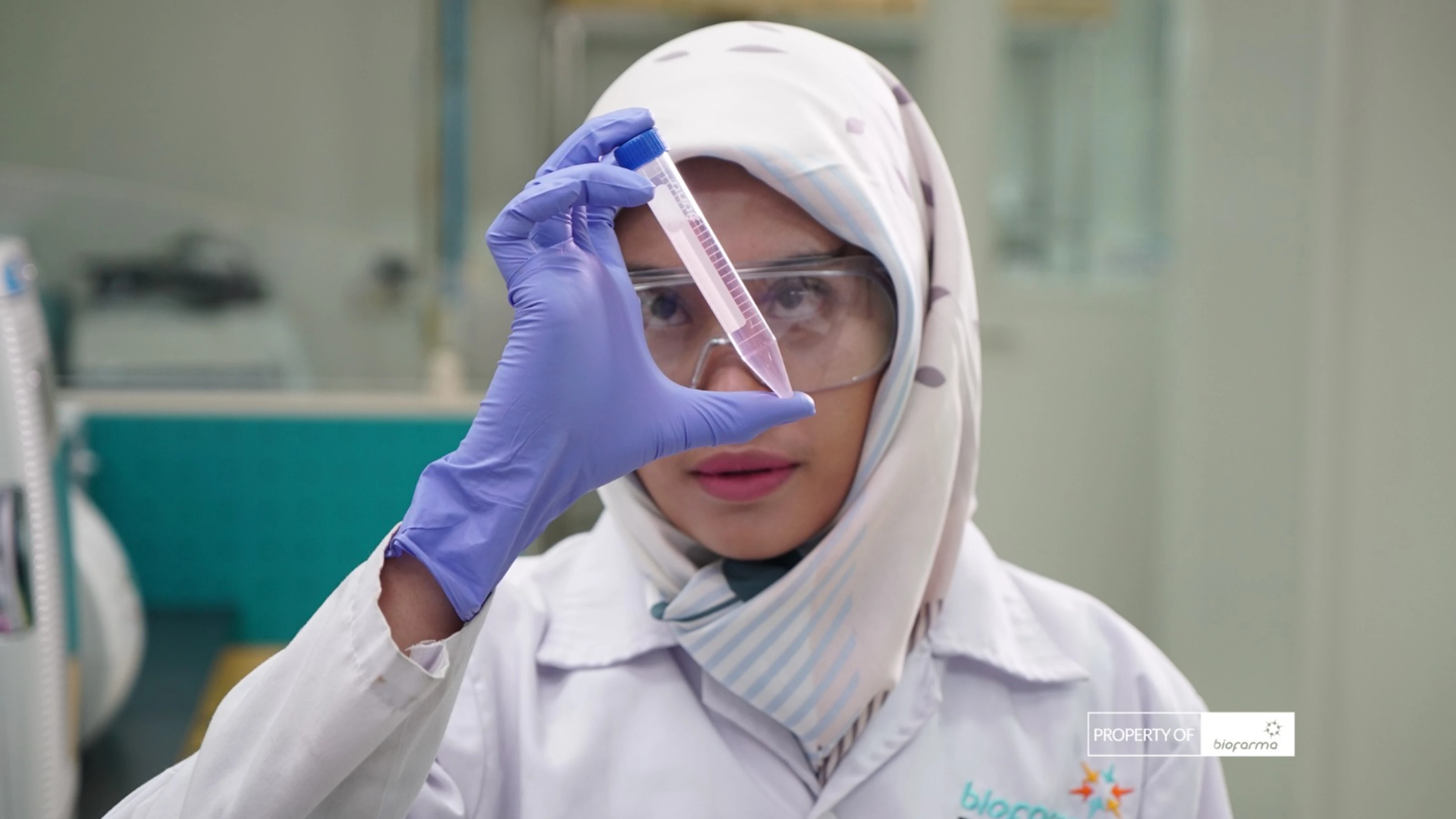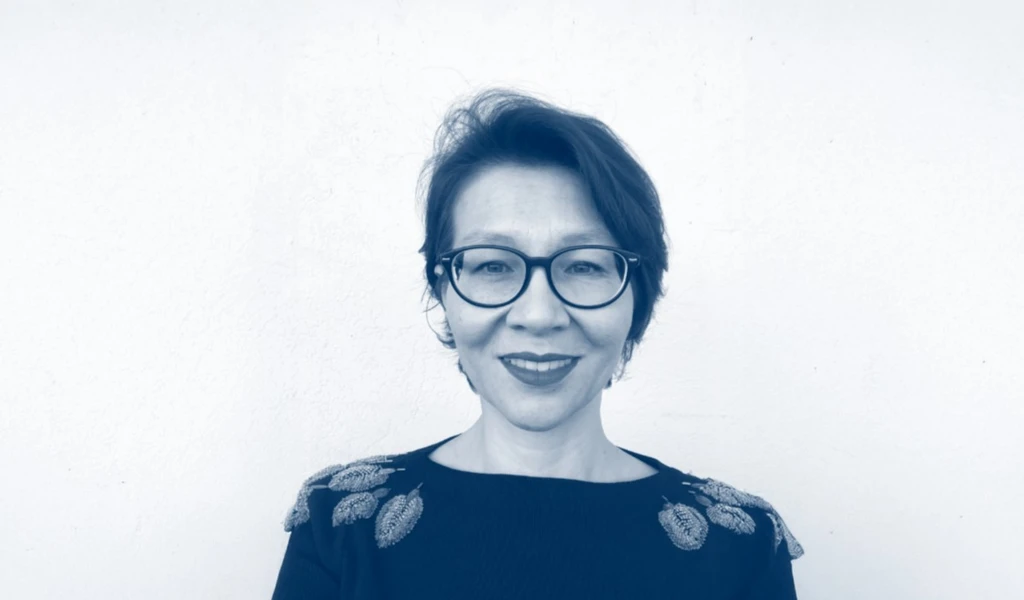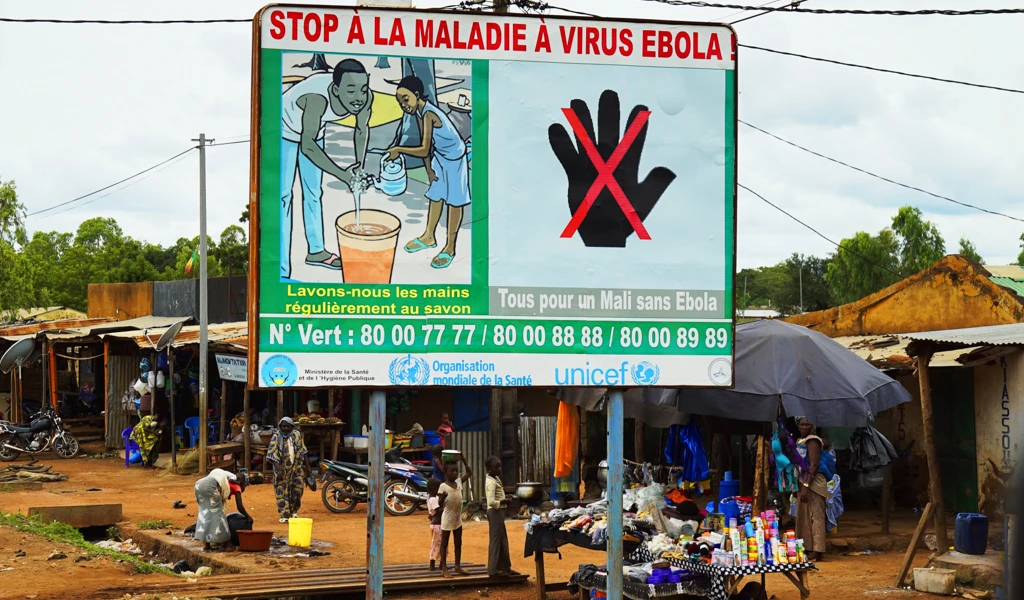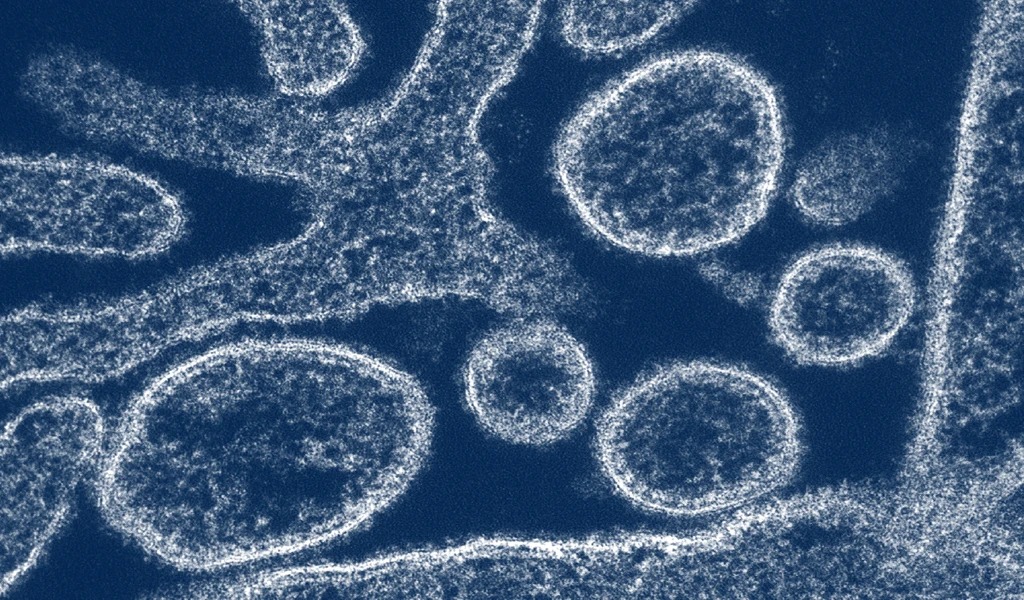CEPI and Bio Farma partnership boosts rapid response vaccine manufacturing for the Global South

Bio Farma to establish cutting-edge mRNA and viral vector rapid response vaccine manufacturing capability with CEPI support and investment of up to $15 million.
Partnership will advance equitable access to outbreak and pandemic vaccines by reserving capacity to rapidly supply doses to Global South countries.
19 September 2023; OSLO, Norway and BANDUNG, Indonesia: The Coalition for Epidemic Preparedness Innovations (CEPI) and Bio Farma have entered a 10-year partnership to boost rapid manufacturing of outbreak vaccines at Indonesia's leading vaccine manufacturer. The collaboration will help to bring cutting-edge mRNA and viral vector rapid response vaccine manufacturing technologies to Indonesia and the ASEAN region; and reserve manufacturing capacity to supply Global South countries during future outbreaks and pandemics to combat the type of devastating inequity witnessed during the response to COVID-19.
Bio Farma becomes the latest member [1] of a CEPI-backed network of vaccine manufacturers in Global South countries which aims to substantially increase the world's capacity and capability to produce vaccines against emerging outbreaks and pandemic threats in as little as 100 days. The company is a long-established manufacturer of a broad portfolio of vaccines, including several which are WHO prequalified. CEPI will provide initial funding of up to US $15 million to diversify Bio Farma's manufacturing capability, supporting the establishment of mRNA and viral vector rapid response technologies at Bio Farma's facilities for the first time, which will fast-track the company's ability to manufacture vaccines to combat new viral threats. CEPI's investment will complement funding from the Government of Indonesia, and Bio Farma's participation in the WHO-led mRNA technology transfer programme.
The partnership will support Bio Farma to establish a bioprocess laboratory which will be used to develop and test the new mRNA and viral vector technologies. It will also establish Good Manufacturing Practice (GMP)-standard facilities to produce batches of vaccines for use in clinical trials up to Phase II, as well as GMP-standard capacity to manufacture larger quantities of vaccine for use in Phase III trials and for commercial supply.
When these facilities are operational, Bio Farma will be able to supply mRNA and viral vector vaccines to tackle a broad range of future outbreaks within 100 days of a new pathogen being identified. The partners have agreed to reserve a proportion of Bio Farma's overall manufacturing capacity for supply to countries in the Global South — as directed by CEPI - in the case of an outbreak. The newly-established manufacturing capability and reserved capacity will be key enablers of CEPI's 100 Days Mission — backed by the G7 and G20 - which aims to compress the time taken to develop safe, effective, globally accessible vaccines against emerging disease outbreaks to within 100 days.
Dr. Richard Hatchett, CEO of CEPI, said: "The world needs to be able to respond rapidly, and equitably, if we are to curtail future outbreaks before they mushroom into pandemics. Our collaboration with Bio Farma will contribute to this goal by expanding the company's world-class manufacturing facilities to include the very latest mRNA and viral vector technologies which will be capable of producing outbreak vaccines in as little as 100 days. Crucially, the mRNA manufacturing capacity that will be established through this partnership will help to enable swift and equitable access to outbreak vaccines for countries in the ASEAN region when faced with future viral threats."
President Director of Bio Farma, Shadiq Akasya, said "Collaboration with CEPI will undoubtedly enable manufacturers particularly in LMIC countries such as Bio Farma to acquire capability in producing outbreak vaccines and thus better prepared for future pandemics. This momentous collaboration is justification of Bio Farma's commitment to global health and Indonesia's contribution in achieving vaccine equity during outbreaks particularly In the ASEAN region. We believe that by combining our strengths, we are capable of expanding our services in order to address issues on global demand for life science products, reaching out to more people in need, and also to mitigate future health crises. We are eager to explore mutually beneficial opportunities in overcoming challenges hence achieving our shared goals to improving the quality of life".
Minister of Health Republic of Indonesia, Budi G. Sadikin, applauded the achievements of CEPI and Bio Farma, affirming, "We strongly recognize the significance of this collaboration. By partnering with CEPI, Indonesia will enhance its contribution to vaccine security and self-reliance, particularly within ASEAN and the Global South. This will facilitate the timely availability of vaccines during outbreaks to effectively address the potential threat of future pandemics."
Aligned with this, Lucia Rizka Andalucia, the Director General of Pharmaceuticals and Medical Devices at the Ministry of Health of the Republic of Indonesia, acknowledged these achievements, and expressed her hope that this partnership would benefit the research and manufacturing capacity of Bio Farma and the nation as a whole. She emphasized, "Bio Farma has long been a key player in combatting communicable diseases by supplying vaccines for both domestic and global needs. This partnership will expand the opportunities for Bio Farma to strengthen its research and manufacturing capabilities, further enhancing its role in the global supply chain."
Diversified global vaccine manufacturing key to tackling inequity
A study in Nature published in October 2022 showed that if COVID-19 vaccines had been shared more equitably, 295.8 million infections and 1.3 million deaths could have been averted worldwide. One of the central reasons behind the tragic vaccine inequity which characterised the response to COVID-19 was the concentration of global vaccine manufacturing capacity in a small number of high income and/or high population countries. This left much of the Global South — which has limited vaccine-making capacity — without timely access to life-saving COVID-19 vaccines, even for those at highest risk.
Expanding and diversifying the global footprint of vaccine manufacturing — particularly in underserved regions - is a cornerstone of CEPI's goal of enabling equitable access to life-saving vaccines, and will be critical to the success of the 100 Days Mission.
CEPI is establishing a network of vaccine manufacturers in Global South countries, near areas at high risk of disease outbreaks, with a particular focus on locations with proximity to CEPI's priority pathogens (Chikungunya, Ebola, Lassa fever, MERS-CoV, Nipah virus, Rift Valley fever).
Vaccine makers, such as Bio Farma, which join the CEPI global vaccine manufacturing network will become "preferred" production partners for vaccine developers supported by CEPI. This means that in the event of an outbreak, CEPI-backed developers will quickly be able to transfer their technology to pre-selected manufacturers with the right expertise, technology, and optimal geographical position to enable rapid production and equitable distribution of vaccines to affected populations.
Bio Farma is the first member of the CEPI-backed network in the ASEAN region. Existing partners in the network include South Africa's Aspen which signed a funding agreement with CEPI in December 2022 to support the company's capabilities to manufacture routine and outbreak vaccines for Africa; and Institut Pasteur de Dakar (IPD) in Senegal which joined the network in January 2023 under an agreement to expand the organization's capability to manufacture routine and outbreak vaccines across multiple technologies. CEPI is in active discussions with additional vaccine manufacturers in the Global South about joining the network and expects to make additional announcements shortly.
[1] Existing members of CEPI's Global South manufacturing network are Aspen (South Africa) and Institut Pasteur de Dakar (Senegal)
A Bahasa translation of the announcement is available here.
—ENDS—
Notes to Editors
Sustainable manufacturing key to the 100 Days Mission
If the world had achieved the 100 Days Mission for COVID-19, a vaccine could have been available as early as April 2020 when only 2.3 million cases had been confirmed, instead of in December 2020 when more than 68 million cases had been recorded. The 100 Days Mission is already being championed by leaders of the G7 and G20, as well as by industry executives.
In a report published by CEPI in December 2022, bolstering global capacity to make new vaccines and establishing a global network of vaccine manufacturers were recognised as among the most crucial innovations needed to make the 100 Days Mission a reality. In the event of a highly transmissible and deadly virus emerging, the ability to promptly manufacture and validate the first batch of experimental vaccines against it will be key to enabling a rapid response to the outbreak. To ensure rapid scale up, multiple vaccine makers—any or all of which could be activated within days or weeks of an outbreak—must be prepared to respond swiftly. CEPI's global vaccine manufacturing network aims to establish this outbreak response capacity and help it to remain sustainable during inter-epidemic periods.
About CEPI
CEPI is an innovative partnership between public, private, philanthropic, and civil organizations, launched in 2017, to develop vaccines against future epidemics. Its mission is to accelerate the development of vaccines and other biologic countermeasures against epidemic and pandemic threats so they can be accessible to all people in need.
Prior to COVID-19, CEPI's work focused on developing vaccines against Ebola virus, Lassa virus, Middle East Respiratory Syndrome coronavirus, Nipah virus, Rift Valley Fever virus and Chikungunya virus — it has over 20 vaccine candidates against these pathogens in development. CEPI has also invested in new platform technologies for rapid vaccine development against unknown pathogens (Disease X).
CEPI has played a central role in the global response to COVID-19, supporting the development of the world's largest portfolio of vaccines against SARS-CoV-2 and its variants with a focus on speed, scale and access, as well as co-leading COVAX, the global initiative to deliver fair and equitable access to COVID-19 vaccines. CEPI is also the world's leading funder of R&D for broadly protective coronavirus vaccines which could protect against future variants of COVID-19 as well as other coronaviruses with epidemic and pandemic potential.
CEPI has embarked upon an ambitious US$3.5bn five-year plan — called CEPI 2.0 — to dramatically reduce or even eliminate the future risk of pandemics and epidemics. Central to the plan is CEPI's goal — supported by the G7 and G20 — to compress the time taken to develop safe, effective, globally accessible vaccines against new threats to just 100 days. Achieving this ‘100 Days Mission' would give the world a fighting chance of containing a future outbreak before it spreads to become a global pandemic. Read the plan at endpandemics.cepi.net/.
To read more about how the world can work together to #endpandemics, check out DISEASE X — The 100 Days Mission to End Pandemics, by CEPI's Chief Scientific Writer Kate Kelland, available here at Bookshop.org. All author proceeds go to the World Health Organization Foundation's COVID-19 Response.
Follow our news page for the latest updates. Follow us @CEPIvaccines, @DrRHatchett, and LinkedIn.
About Bio Farma
PT Bio Farma (Persero) referred to as "Bio Farma" is a state-owned vaccine and antisera manufacturer for humans in Indonesia. Celebrating its 133th anniversary, Bio Farma has through the years grown into a life science company of international recognition producing and distributing more than 3.2 billion doses of vaccines per year. Bio Farma is by far the largest vaccine manufacturer in Southeast Asia. The company supplies not only the needs for Expanded Program on Immunization (EPI) in Indonesia but also the global market to more than 150 countries. Bio Farma's ability to enter the global market is due to numerous of its vaccines attaining pre-qualification (PQ) from World Health Organization (WHO). The Bill and Melinda Gates Foundation (BMGF) and PATH have collaborated with Bio Farma to produce novel Oral Polio Vaccine type 2 (nOPV2) in support of Global Polio Eradication Initiative (GPEI) which was licensed as the first EUL Vaccine from WHO in 2020.
Bio Farma plays an important role in establishing a healthy nation in which its existence would be maintained for generations to come. With its philosophy of "Dedicated to improving Quality of Life" Bio Farma stands firm in devoting its efforts to Global Health Security.
In early 2020, a state-owned pharmaceutical holding company was established with Bio Farma as its parent company. The establishment of this holding company is aimed to strengthen self-reliance of the national pharmaceutical industry, and also to increase the availability of products supporting the pharmaceutical ecosystem. For more information refer to: www.biofarma.co.id
Media Contacts
CEPI
[email protected]
+44 7387 055214
Bio Farma
[email protected]
+22 2033755


